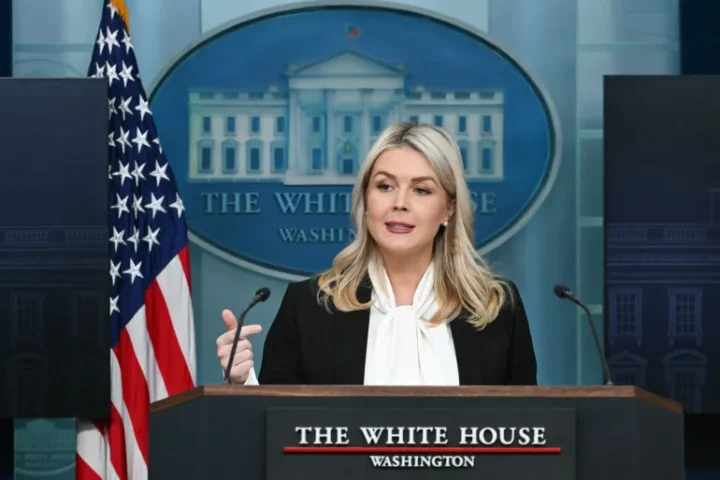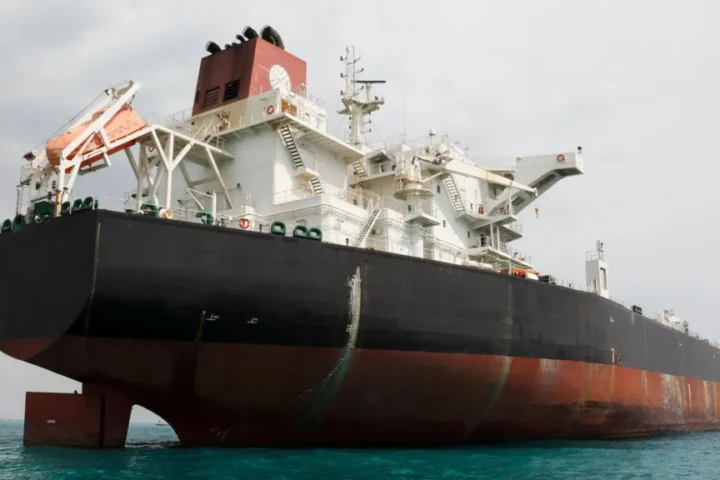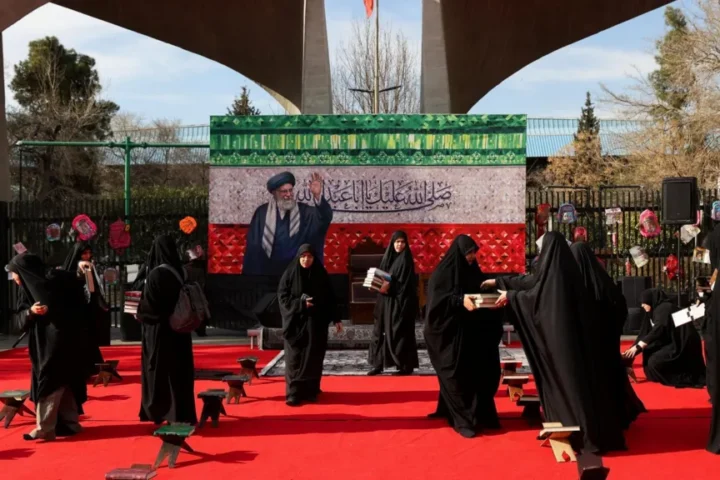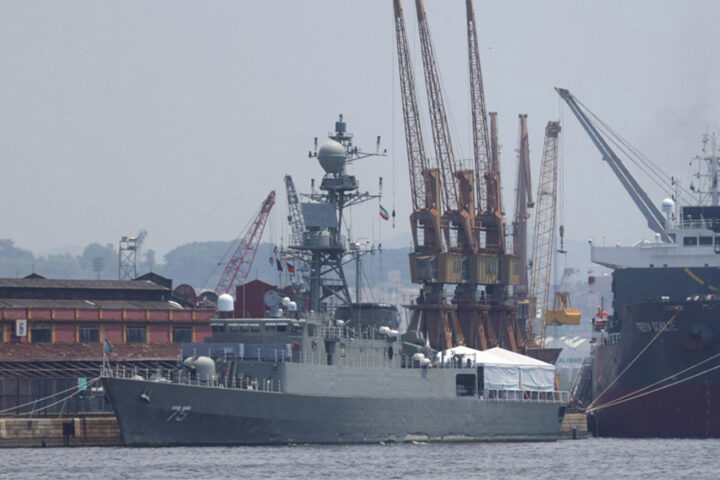Russia’s Luna-25 space probe enters lunar orbit in first Russian mission to the moon in almost 50 years.
Russia’s lunar spacecraft has entered the moon’s orbit, a major step for the first Russian moon mission in almost 50 years and Moscow’s ambition to be the first to land on the moon’s south pole in the search of frozen water.
The Luna-25, which launched from Earth on August 10, entered the moon’s orbit at 12:03pm (09:03 GMT) local time in Russia on Wednesday, Russia’s space corporate Roskosmos said.
“For the first time in Russia’s contemporary history, an automatic station was placed in lunar orbit at 12:03pm Moscow time,” a Roscosmos spokesperson told the AFP news agency.
The probe will orbit 100km (62 miles) above the Moon’s surface, for five days before a planned landing on Monday, August 21, north of the Boguslawsky crater on the lunar south pole.
Video Duration 02 minutes 08 seconds02:08Russia launches first moon mission in almost 50 years
India’s Chandrayaan-3 entered the moon’s orbit earlier this month ahead of a planned touchdown on the south pole of the moon later this month.
The Luna-25, which is roughly the size of a small car, will aim to operate for a year on the south pole, where scientists at the US space agency NASA and other space agencies in recent years have detected traces of frozen water in the craters.
The presence of water on the moon has implications for major space powers, potentially allowing longer human sojourns on the planet that would enable the mining of lunar resources.
Luna-25 is part of the Russian lunar programme, which aims to establish a space station on the celestial body by 2040.
No Russian spacecraft has entered lunar orbit since Luna-24, the Soviet Union’s 1976 moon mission, according to Anatoly Zak, the creator and publisher of RussianSpaceWeb.com, which tracks Russian space programmes.
Video Duration 00 minutes 43 seconds00:43India launches rocket to the Moon
“Entering lunar orbit is absolutely critical for the success of this project,” Zak told the Reuters news agency.
“This is a first for the post-Soviet period,” he said.
“Some are calling this the second lunar race, so it is very important for Russia to resume this programme. Luna-25 is not just one mission – it is part of a much broader Russian strategy that stretches 10 years into the future,” he added.
Roscosmos had originally worked with the European Space Agency (ESA) on the Russian lunar programme. However, after Russia’s full-scale invasion of Ukraine in February 2022, ESA ended its cooperation with Moscow.






